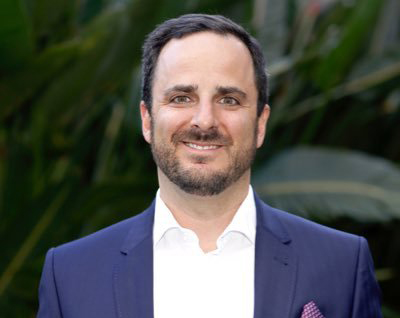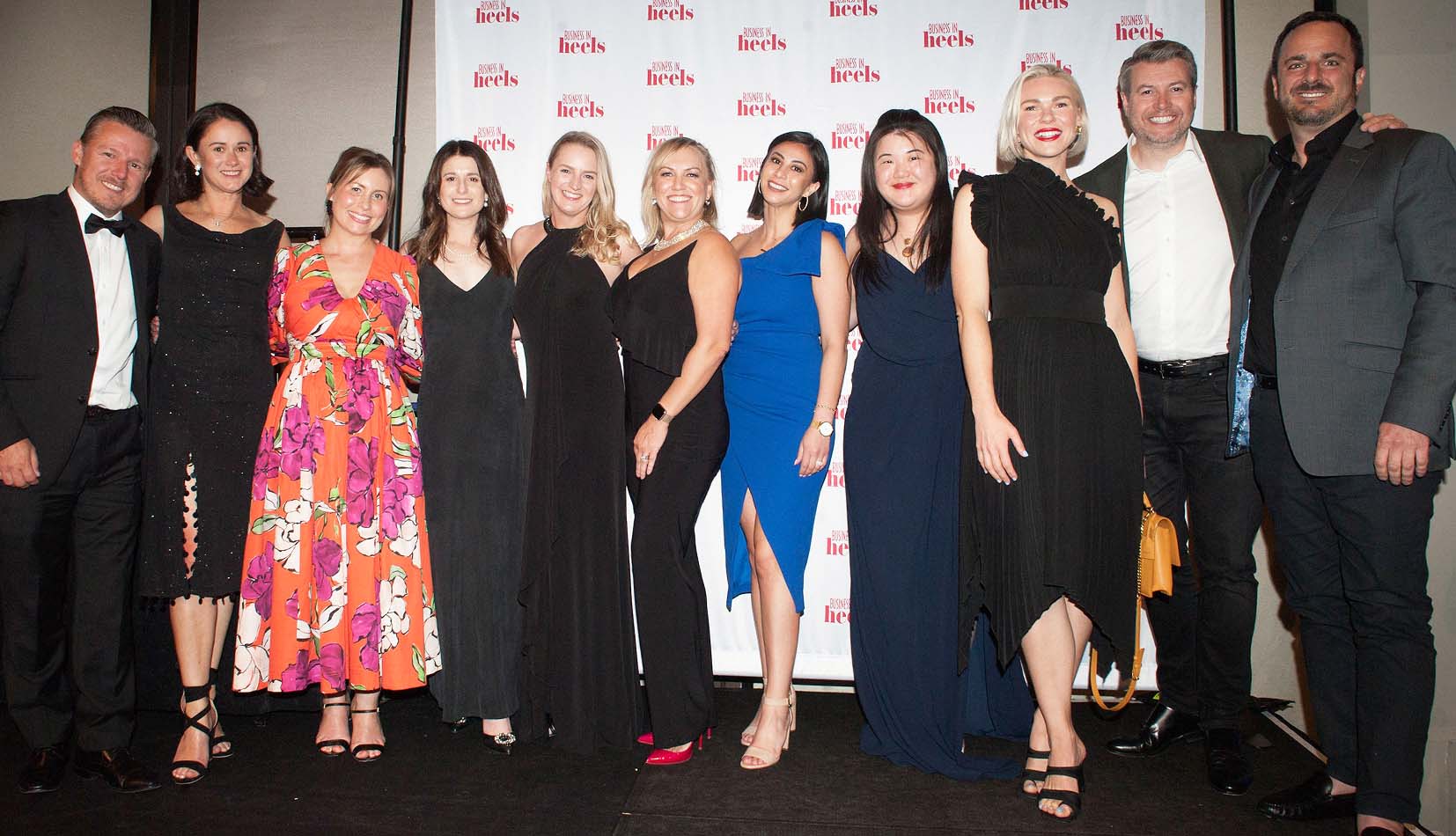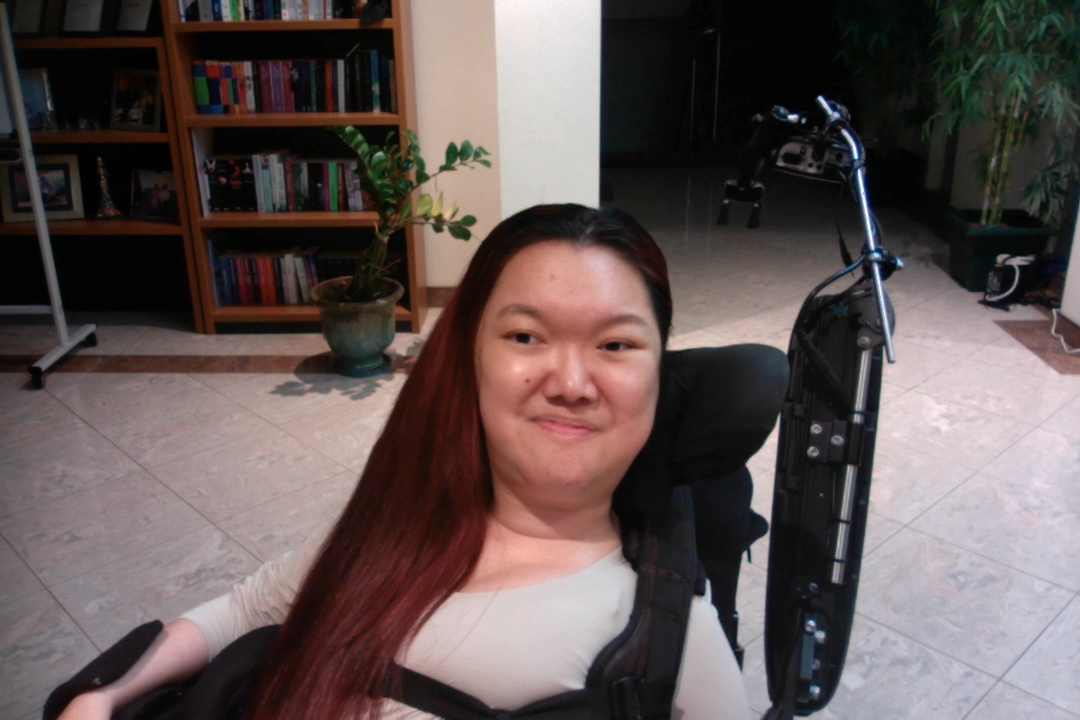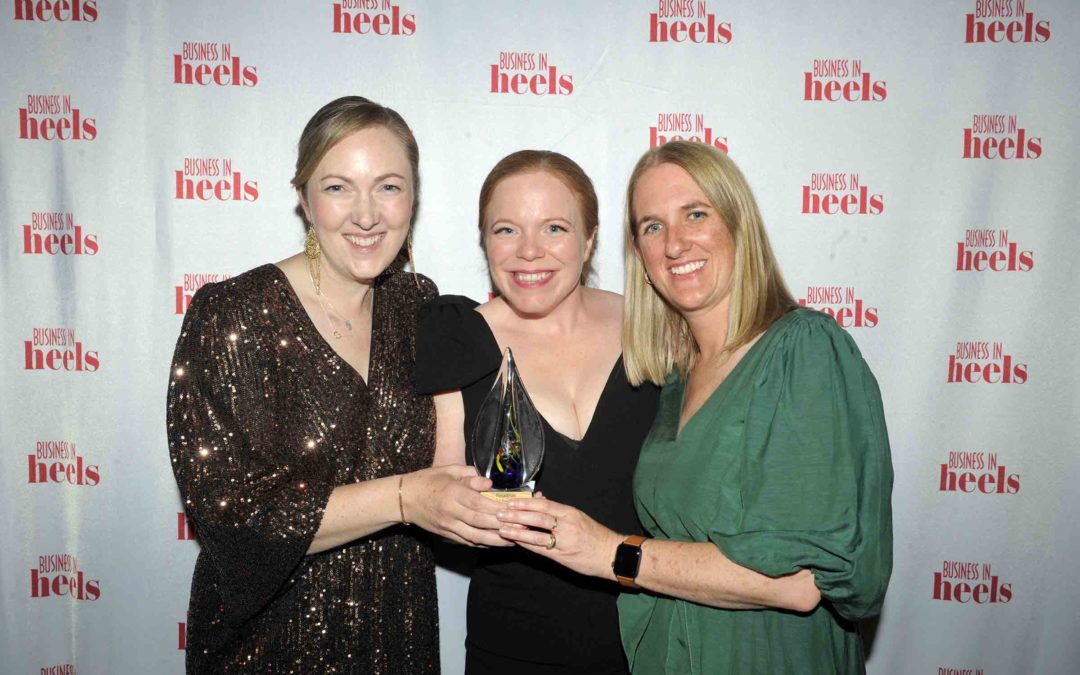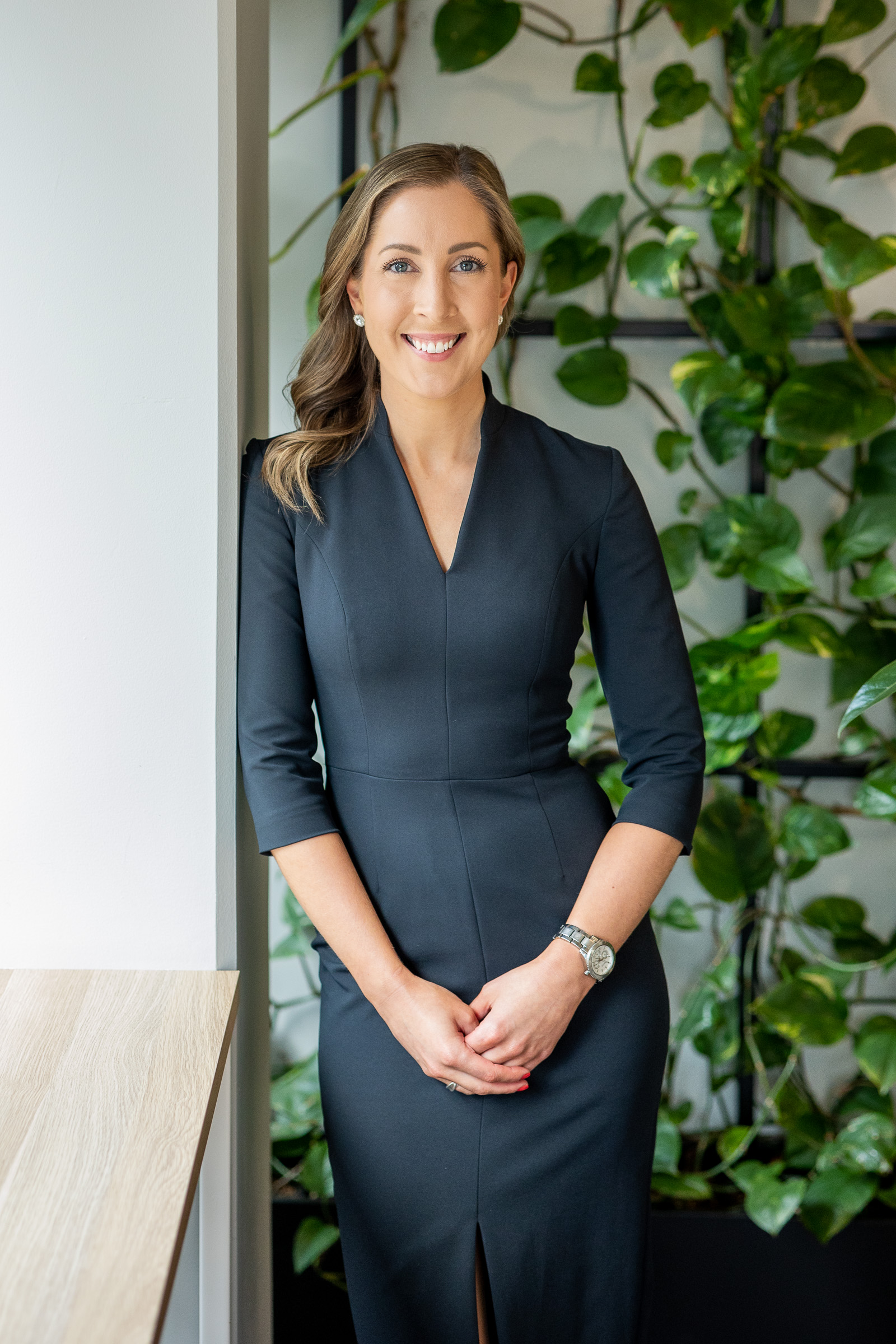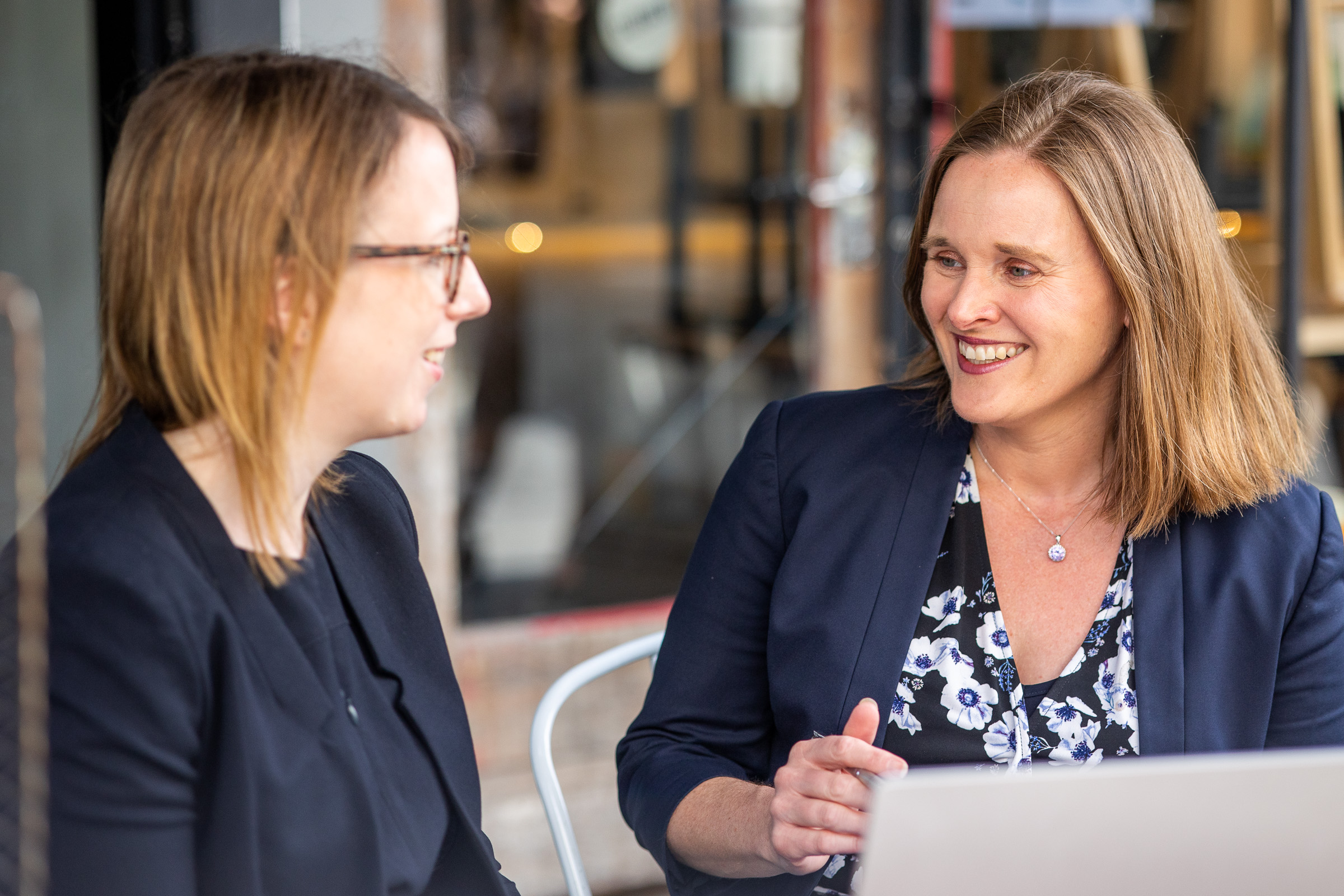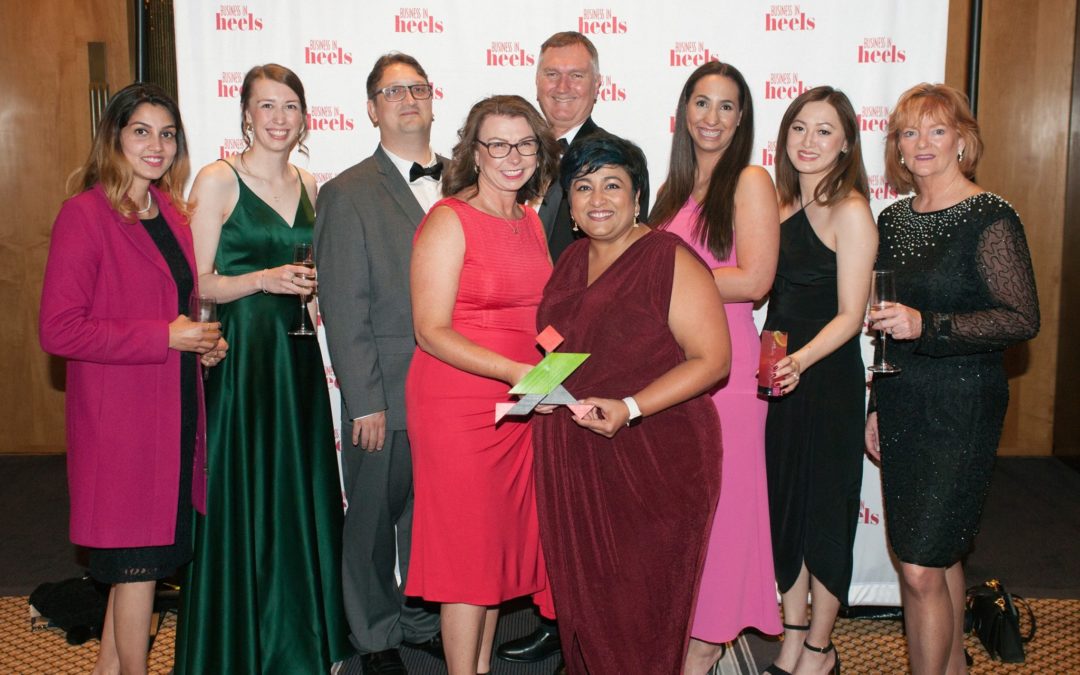
The Power of a Social Contract – Accuteque
Many companies talk about teams being aligned & operating with a common purpose, however Accuteque is unique with its approach to this common paradigm. They have a philosophy that encourages each team member to act independently to advance the company because they feel connected to the purpose. That’s exactly what Olivia Fenton did when she saw the chance to enter Accuteque in the Recalibrate – Gender Equity Awards. She rallied the team who collectively contributed to the effort. Their plan was well underway when CEO, Caroline Patton, became aware.
Caroline Patton is a progressive woman who, like many people, comes with her own set of family responsibilities. When she became aware of Olivia’s initiative, she immediately saw the benefits. You see, part of her mission has always been to give women a voice and an opportunity to showcase their talent in the male dominated IT sector.
Says Caroline; “People First is truly part of our DNA. It is reflected in our recruitment, engagement, leadership and even at board level. Today, the majority of our leadership and board positions are held by women which is unheard of in similar companies.”
Accuteque accepts people for who they are and where they are in life. This may be at the start of their careers, towards the end where they can deliver their expertise to others or by taking risks on those wanting to re-join the workforce by giving women an opportunity after a parenting stint. As a result, they are attracting very experienced individuals and are proud they have one of Australia’s foremost female enterprise architects as a key member of their team.
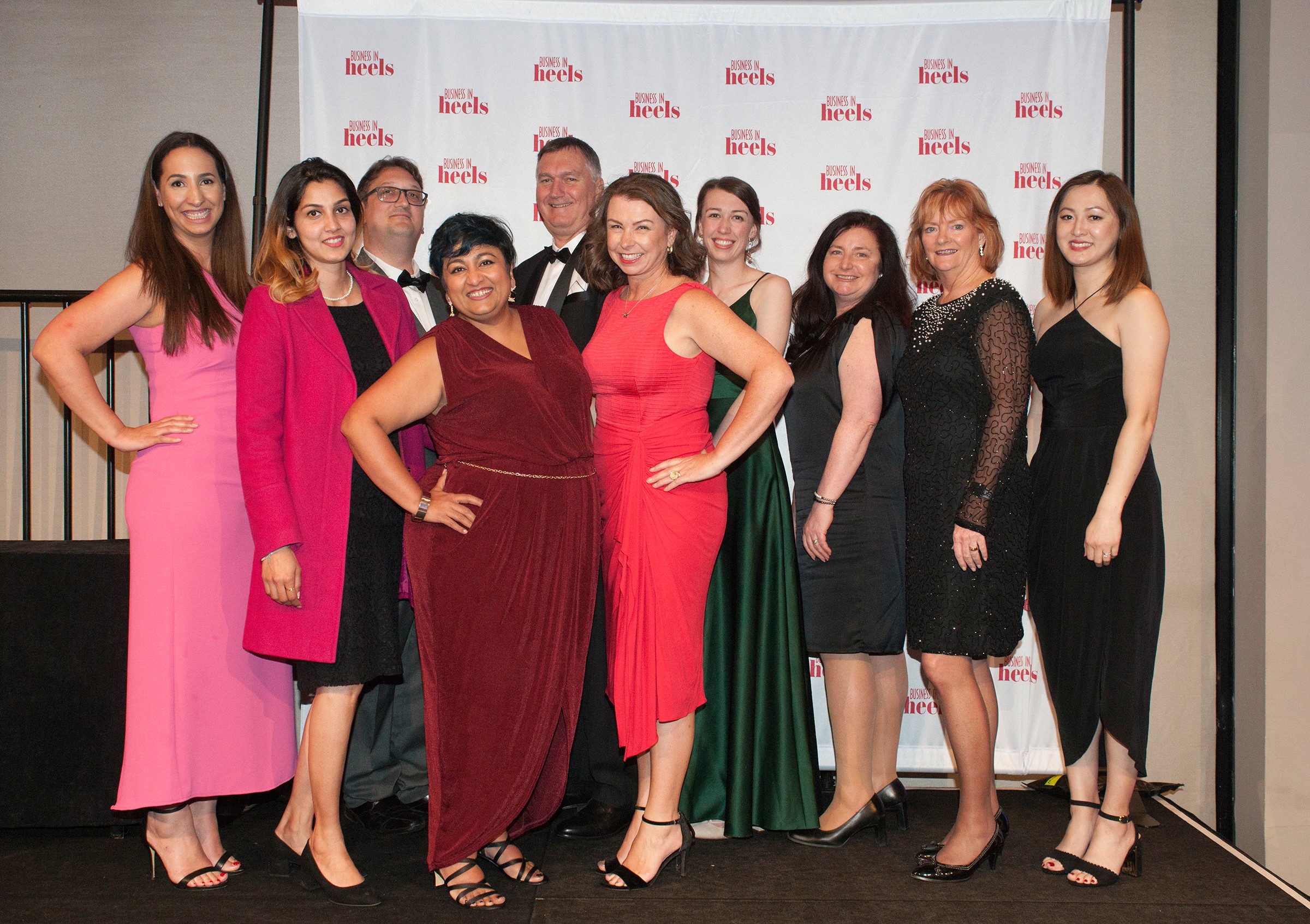
Moving beyond policies and procedures, part of what makes Accuteque unique is their social contract. This is an agreement developed by the team and builds on their values to outline what behaviour should happen in certain situations. One example was a statement “Share the load. We are always ready to help. Don’t wait to be asked.” To ensure there is clarity on this, it is explained further; “We are always ready to help. Just ask. There is power in being part of a team. Working together is more enjoyable and you get a better outcome.” Then it goes further; “It doesn’t mean offloading the hard or boring jobs to someone else. Just don’t do it all yourself.” The company operates with a number of these statements which they keep current with regular review so the whole team feels involved.
When Accuteque responded to the Recalibrate Gender Equity Awards, the Social contract allowed Olivia to work “with positive intent”.
As this is so effective for their company, Accuteque will work with other companies and teams to develop their own “social contract” for what is meaningful and important to them. For example, they did this with NAB for the Data Platform team. To deliver the transformation, they needed to be able to work autonomously and have courageous conversations. The social contract implementation backed by the General Manager enabled them to land the project.
Another shift has been into true hybrid ways of working. Caroline says, “We don’t really care where you work from or what you are doing minute to minute between 8 am and 8 pm. Do what you need to do as long as you achieve your KPI’s.” And like their values, everyone is very clear on the company BHAG’s and the associated KPI’s. In fact, one team member travelled to Vietnam and used his location as a base for work whilst also taking some family time. What made it more remarkable was that he had exhausted his leave and so was not expecting to be able to go. After a discussion with his people leader, he realised that he could work around the planned family event and still get his work done.
Another key factor has been flattening the management structure. Around four years ago they got rid of hierarchies and today they describe them as “people leaders” or “coaches” making it clear that the behaviour is to encourage and nurture their staff.
To sum up, Accuteque has a unique way of working that really puts their people first. When asked why this is important, Caroline explains that it’s her role to “leave the ladder out for others and to help them with the climb.” With her championing these initiatives and her team embracing them you can understand why they were finalists in the Recalibrate – Gender Equity Awards.

